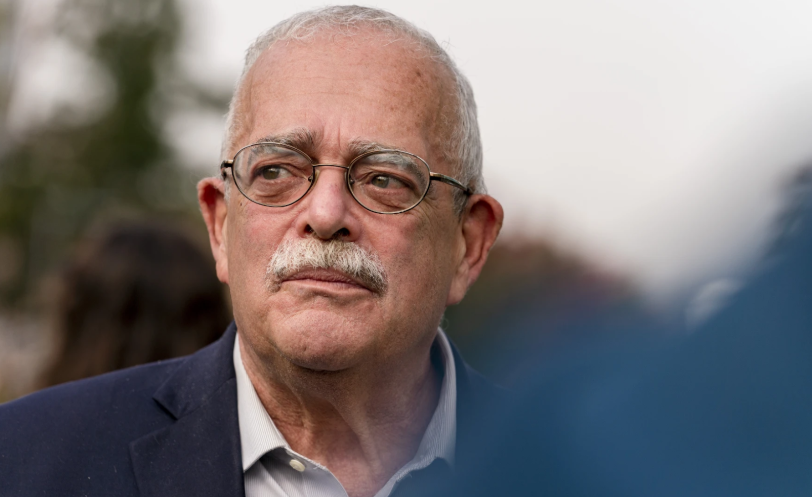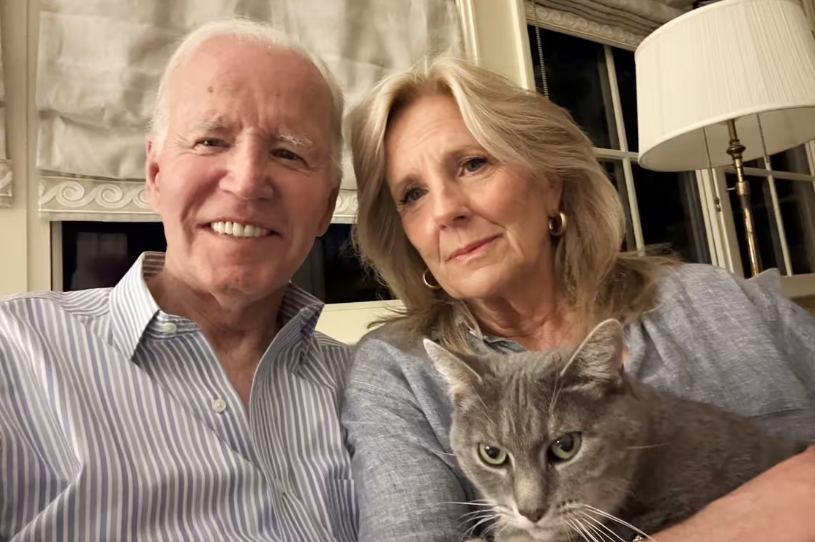James Cameron is the name synonymously associated with directing the Terminator franchise, along with many other successful blockbusters.
Cameron primarily directed the first and second films of the series and was heavily involved during production. However, he did not account for any other sequels that followed the sequence, and many of these sequels may follow a similar timeline, or convoluted the storyline entirely.
Subsequent sequels, such as Terminator Genisys, Terminator: Dark Fate, and Terminator Salvation, failed to replicate the critical and commercial success of the original films, often criticized for their convoluted plots and lack of character depth. These installments struggled to find a dedicated audience, with box office performances reflecting this disconnect—Genisys and Salvation in particular underwhelmed financially and disappointed fans.
Albeit on a high note, Terminator: The Sarah Connor Chronicles appeased fans despite its abrupt cancellation. Episodes were rich and action-packed, yet due to low viewership, it was eliminated from the FOX network, with no continuation. The television show ended on a cliffhanger, leaving viewers dissatisfied, protesting against FOX. The Sarah Connor Chronicles follows Judgment Day and is not affected by Terminator: The Rise of Machines.
James Cameron chose not to direct the later sequels due to his focus on other projects and creative interests. After the success of the first two films, he shifted his attention to new, innovative, high-grossing films like Titanic and Avatar. Cameron wanted to explore different genres and storytelling techniques, leaving the Terminator series in the hands of other directors.
Cameron’s absence from the later sequels left a noticeable void in the franchise’s creative direction and storytelling quality. Without his visionary leadership, the newer sequels struggled to capture the original magic and depth that made the first two installments iconic. As a result, audiences often felt disconnected from the new narratives, leading to a lackluster reception compared to the initial successes.
Likewise, these subsequent sequels did not amass the same audience from the first and second series installments. The Terminator and Terminator 2: Judgment Day are regarded as timeless classics, however, Judgment Day is beloved by many. Some things are better left untouched, and that can be said for the Terminator franchise.
Judgment Day had the perfect conclusion, T-800 redeems himself, and protects John and Sarah Connor successfully. T-800 helps John break his mother out of her physiatric facility where she suffers from chronic PTSD revolving around Skynet’s ‘Judgment Day,’ the world setting ablaze. Vanquishing T-1000, T-800 sacrifices himself to the molten lava, casting aside his cyborg components as memorabilia.
T-800, portrayed by Arnold Schwarzenegger, has become an iconic figure in popular culture, symbolizing both relentless determination and unexpected humanity.
His memorable catchphrases and indomitable presence have cemented him as a beloved figure in science fiction, influencing countless films and media representations of cyborgs and robots. The T-800’s journey from a relentless hunter to a protector and ally has resonated with audiences, showcasing the complex interplay between technology and morality. Judgment Day delves into the intricate relationship between technology and humanity, posing questions about the ethical implications of artificial intelligence.
Terminator challenges viewers to consider whether machines, like the T-800, can evolve beyond their original programming to exhibit human-like traits such as compassion and selflessness. This exploration of technology’s capacity for growth and empathy underscores the film’s central message: that even in an age dominated by machines, the essence of humanity remains a powerful force capable of influencing and transforming the future. Ultimately, by extending the story beyond what Cameron envisioned, the franchise lost the unique essence that made the first two films stand the test of time, leaving a legacy that could have been honorably concluded at Judgment Day.








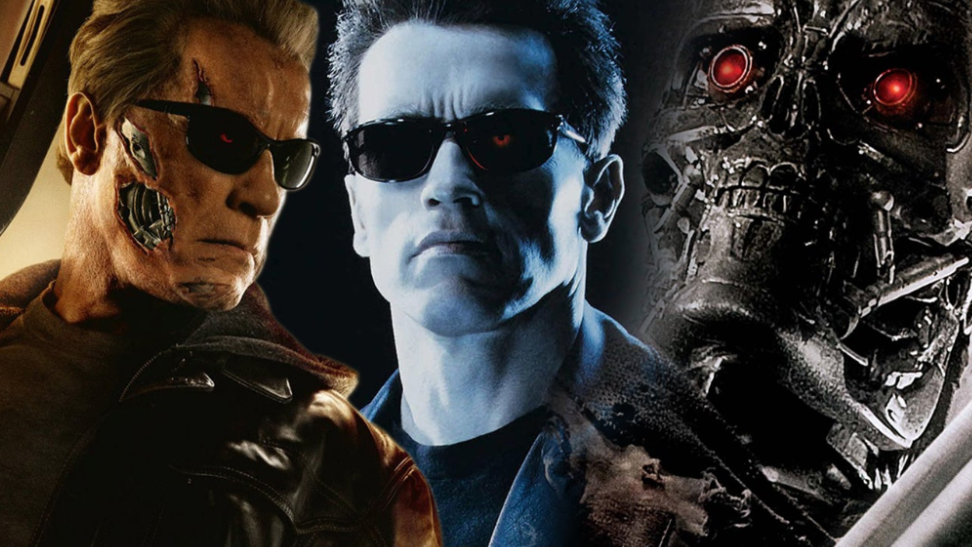




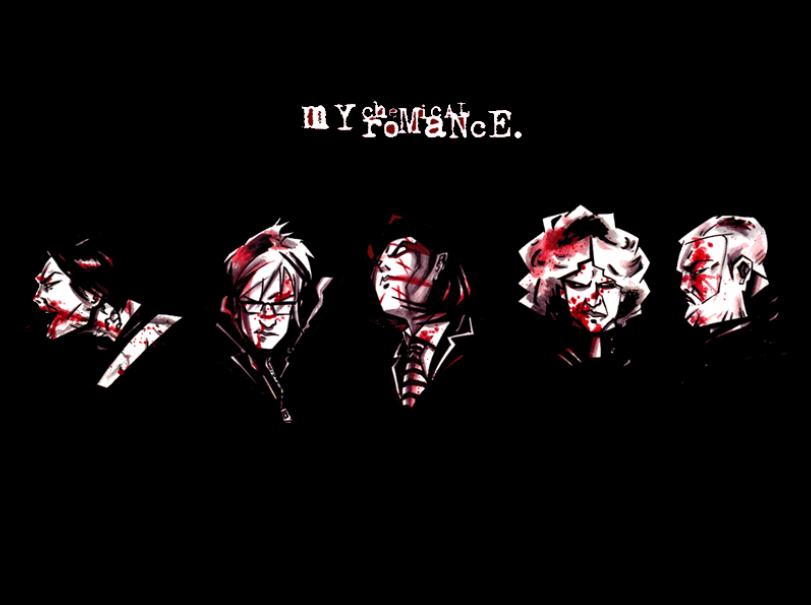

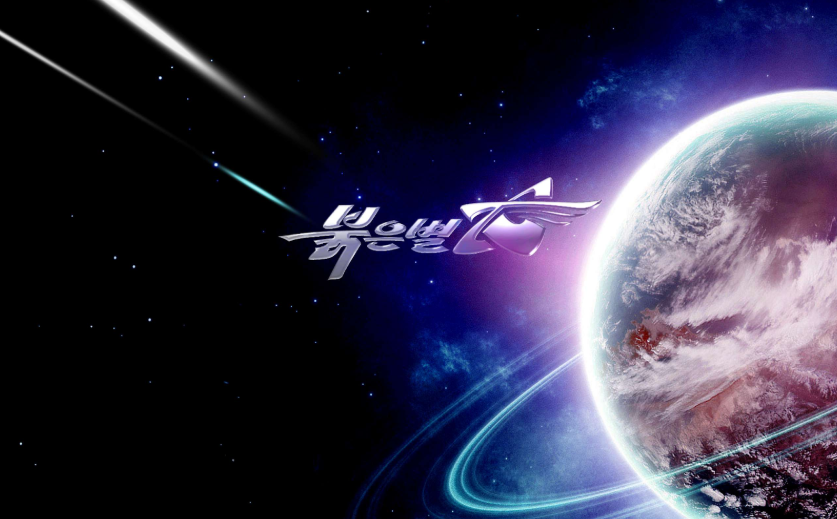



![JPEGMAFIA & Danny Brown — Scaring The H*es (Video-Game/Album Cover) [CENSORED]](https://www.southlakessentinel.com/wp-content/uploads/2023/12/SCARING-THE-H0ES-VIDEO-GAME-COVER-1200x802.jpg)




